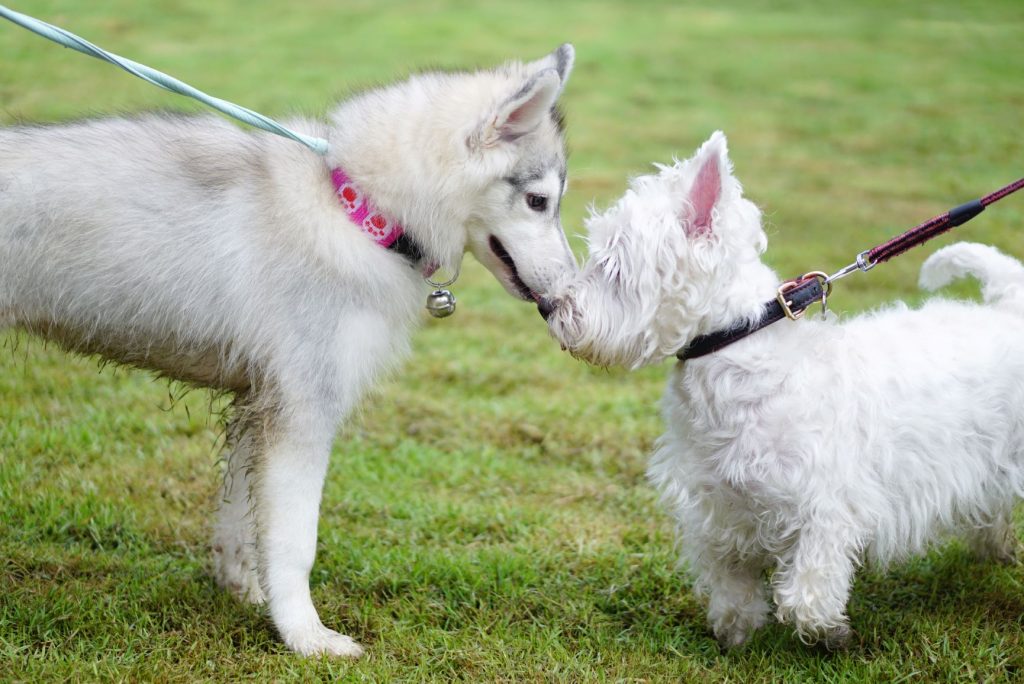No matter how diligently you take care of your dear horse, health issues may inevitably arise from time to time.
Typical Equine Illnesses to Look Out For
You adore your horse and want to do everything within your power to keep them happy and healthy for the rest of their lives. Therefore, it’s critical to recognize the warning symptoms of common horse health problems so that you can act quickly to treat your equine friend and ensure a speedy recovery. Some of the most typical health issues that horses encounter are listed below:
Degenerative Joint Disease or Arthritis
An inflammation of the horse’s joint or joints, causing discomfort and stiffness, is called arthritis. Usually, an injury or infection that damages bone or cartilage is the cause of arthritis development. The injured cartilage or joint bones in the afflicted area become rough, causing excruciating edema, inflammation, and limited mobility.
Horses with arthritis may exhibit the following symptoms: a clearly enlarged or bulging joint capsule; the joint may feel warm to the touch; pain when the joint is flexed; and indicators of stiffness or lameness during walks or trots.
Degenerative joint disease (DJD), which tends to affect all animals, develops slowly over time, in contrast to arthritis, which can strike quickly. Unfortunately, once a horse grows arthritis or DJD there is no cure.
Stomach ulcers in the stomach
In race, show, and endurance horses, gastric ulcers are common gastrointestinal ailments that affect 50–90% of horses at some point in their lives.
A stomach ulcer in your horse may be the cause of mood swings, decreased hunger, and poor performance, unwillingness to train, weight loss, and unattractive appearance.
Omeprazole is the usual treatment for stomach ulcers in horses, and most heal in 4 weeks.
Colic
One of the most prevalent gastrointestinal issues that affect horses is colic. Untreated tooth problems or a diet low in roughage can be the cause of this excruciating stomach ailment. Colic can range widely in intensity from a minor stomach discomfort to an intestinal twist that needs immediate surgical intervention.
Horses that are experiencing colic frequently scrape the ground, glance at their tummy, get restless, roll, have elevated body temperature, and elevated heart rate.
Get in touch with your veterinarian as soon as possible if you suspect that your horse has colic. To try to ease your horse’s discomfort, you might want to try walking them around the paddock or arena if it’s safe to do so. Never attempt to stop your equine from getting down on the ground or rolling, and always remember that your safety comes first!
Laminitis
A extremely painful foot condition called laminitis is brought on by inflammation of the laminae, which are found beneath your horse’s hoof. In extreme circumstances, the horse’s hoof’s pedal bone may pierce the foot’s sole, excruciating the patient. Sadly, euthanasia will be necessary for a large number of laminitis cases.
Lameness (worse on hard terrain), horses leaning back on heels to relieve pain at the front of the hoof, restlessly transferring weight between feet, and pain when tested at the affected foot’s frog are typical symptoms associated with this condition.
If your horse or pony exhibits any symptoms of laminitis, call your veterinarian right once. In the interim, move your horse into a stall with lots of bedding to ease strain on the hoof.
Back Issues
Should your equine suffer from a pulled muscle or ligament, arthritis, or an ill-fitting saddle, back issues may arise.
Your horse may exhibit decreased performance or behavioral issues including stopping or bucking, pain signals during grooming, or aversion to being saddled if it is in back pain.
If you suspect that your horse is having back pain, you should get a lameness evaluation, so call your veterinarian immediately. Nevertheless, even if there are no obvious signs of back pain, a routine soundness evaluation should include a review of your horse’s back.
Colds
Similar to humans, your horse may get a cold that causes coughing, swollen lymph nodes, nasal discharge, and lethargic behavior and fever. If your horse’s fever is particularly high more severe symptoms may occur including a refusal to eat and dehydration.
If your horse is displaying cold-like symptoms contact your vet, and isolate your horse from others to try to prevent transmission.
Keeping an Eye on the Health of Your Horse
Being aware of your horse’s typical behavior and keeping a constant eye on their general health will help you recognize symptoms early on and start treatment when the sickness is still in its early stages, when it will be most beneficial. Having said that, whenever feasible, avoidance is preferable to intervention, so make sure your horse buddy has access to a healthy diet, appropriate exercise, enough rest, and routine veterinary examinations.
In the event that your horse or pony exhibits any behaviors or symptoms that worry you, always get in touch with your veterinarian right away.

